This content is restricted to subscribers
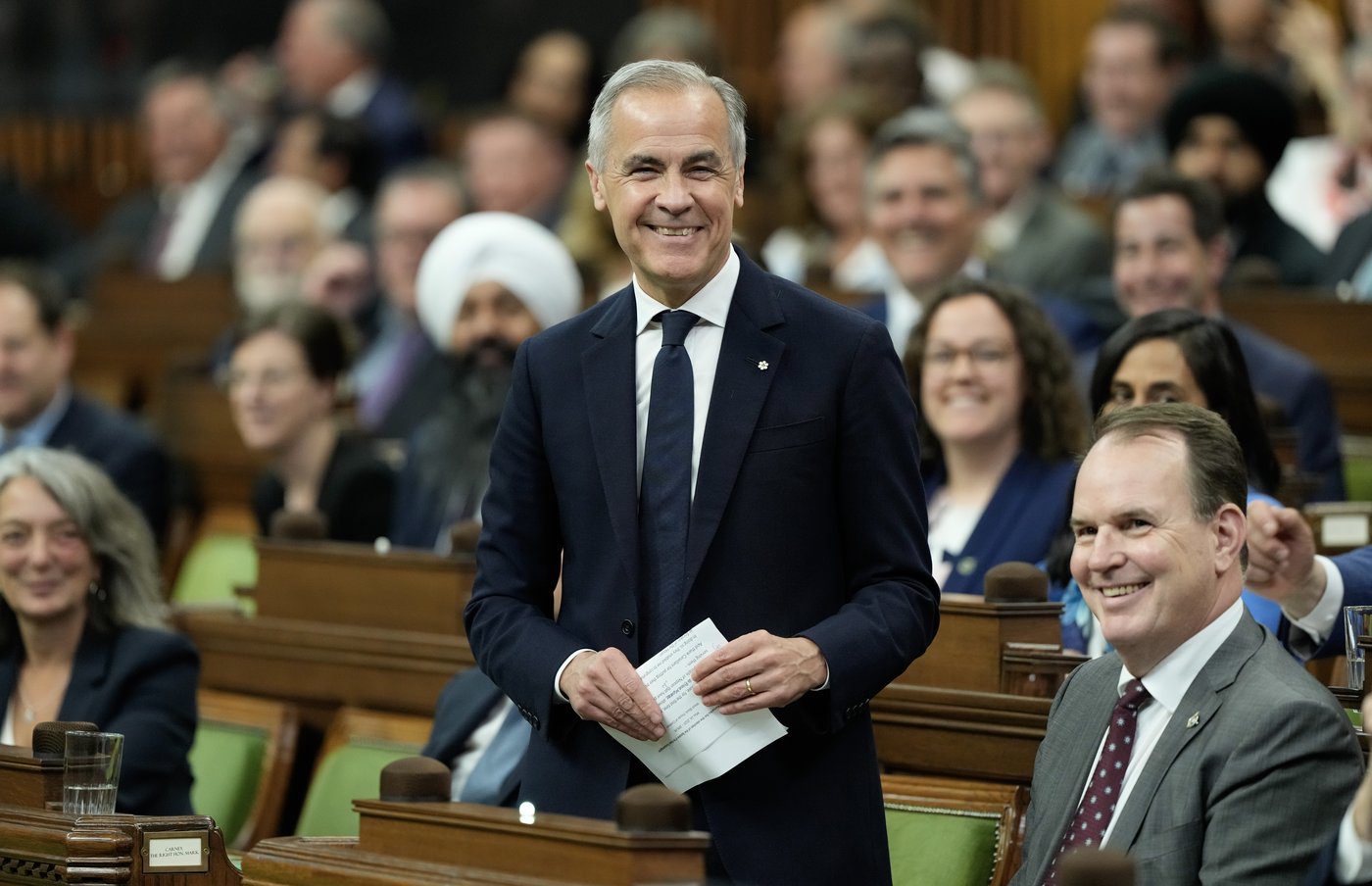
The views, opinions and positions expressed by columnists and contributors are the author’s alone. They do not inherently or expressly reflect the views, opinions and/or positions of our publication.

This content is restricted to subscribers
The views, opinions and positions expressed by columnists and contributors are the author’s alone. They do not inherently or expressly reflect the views, opinions and/or positions of our publication.

This content is restricted to subscribers
The views, opinions and positions expressed by columnists and contributors are the author’s alone. They do not inherently or expressly reflect the views, opinions and/or positions of our publication.
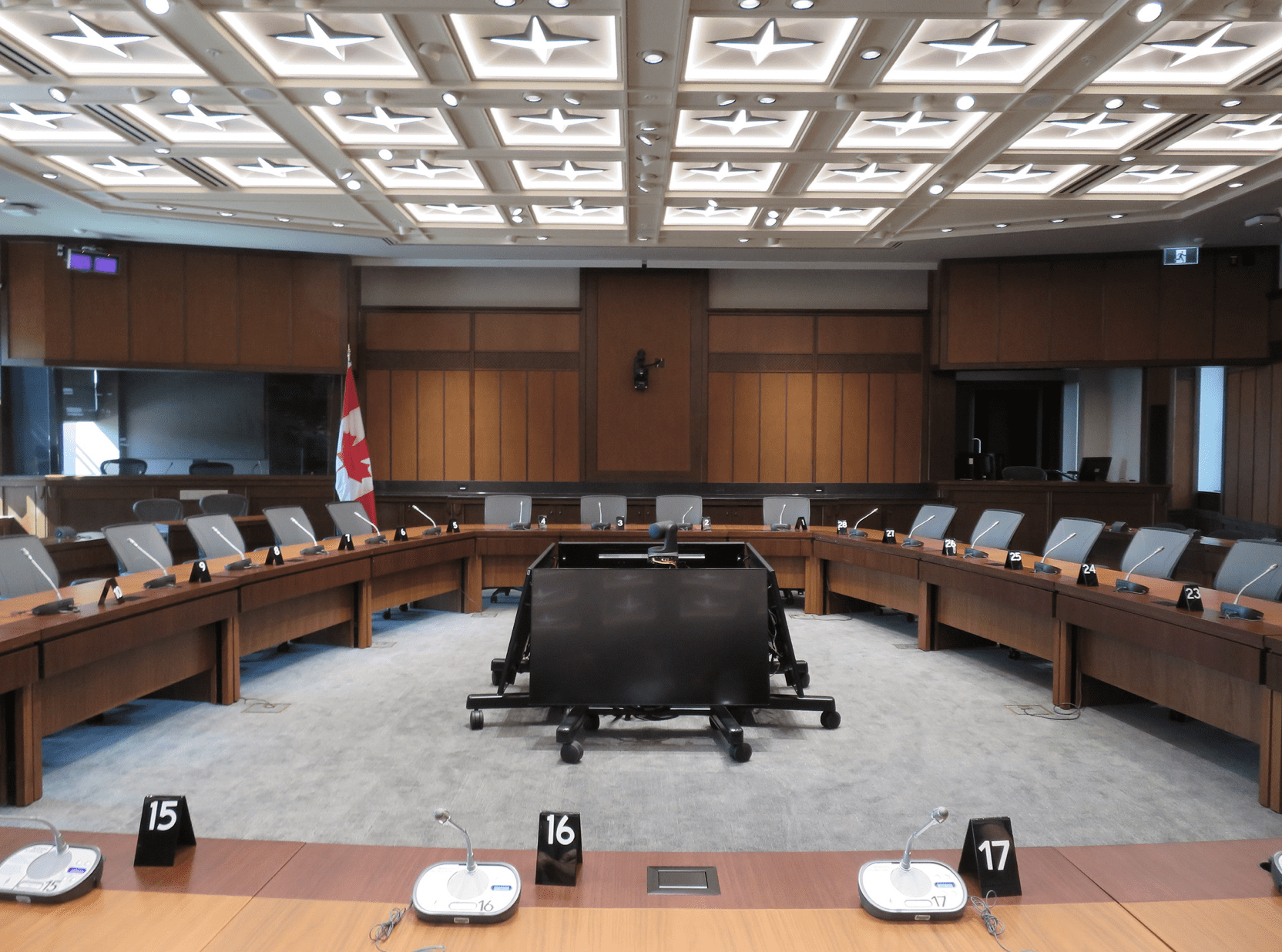
This content is restricted to subscribers
The views, opinions and positions expressed by columnists and contributors are the author’s alone. They do not inherently or expressly reflect the views, opinions and/or positions of our publication.
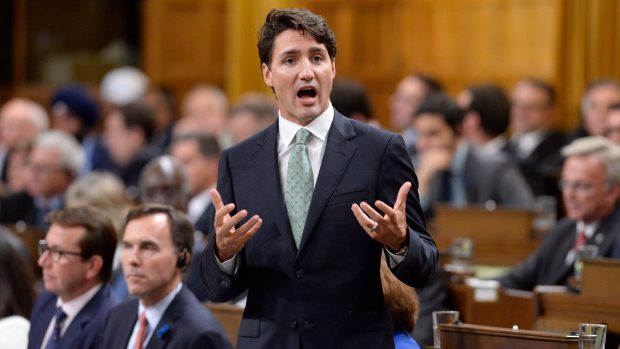
This content is restricted to subscribers
The views, opinions and positions expressed by columnists and contributors are the author’s alone. They do not inherently or expressly reflect the views, opinions and/or positions of our publication.

Become a subscriber today!
Register
With the return of Parliament for the fall sitting comes the renewed cries for changes to improve it as a “workplace.” The executive director of the Samara Centre for Democracy, citing interviews done as part of their “Humans of the House” podcast, wrote an op-ed in the Globe and Mail about needing to change the culture within the House of Commons in order to make MPs feel happier and more “psychologically safe” in order to become more productive, and for democracy to be more responsive and representative. Former minister Catherine McKenna tweeted her support for these suggestions, imploring the need for “proper HR practices.” The underlying problem, however, is that Parliament is not a normal workplace, and there cannot be an HR for MPs or Senators because there is no hierarchy of power for them to appeal to. Trying to describe and envision Parliament as a “workplace” in a corporate sense both misses the point, and can undermine the fundamental understanding of our most important institutions.
The first and most fundamental thing to remember is that MPs and Senators are all constitutionally equal in their chambers. Because all MPs are elected, regardless of whether they are a minister or backbencher, they have the same powers, rights and privileges. Similarly in the Senate under their appointments (though the small handful of senators who claimed to be “elected” did try to use that as a bully pulpit with their peers). There is no boss or higher authority for whom MPs can appeal to because they are all the boss. When it comes to what they perceive to be intimidation or harassment, Parliament always had an informal resolution system for complaints between members until fairly recently for that very reason—you are all equal in terms of power, so coming to a resolution together, often with the assistance of party whips or House leaders, was the best way to settle things. This is also why the more formal process that they did end up putting into place is somewhat vague, because again, there is no higher authority to appeal to.
I also have to urge caution about how much value gets assigned to complaints about behaviour in Question Period, because Question Period is not real life. It’s theatre, and MPs act out during it, whether we like it or not. I don’t deny that the heckling isn’t great—but these days it’s far tamer than it used to be. The noise in the Chamber is an order of magnitude quieter than it was a decade ago. And frankly, I have a bit of a hard time sympathizing with MPs who aren’t able to treat theatre as theatre, particularly because they know better when it comes to how things operate the rest of the day outside of those 45 minutes. MPs may not like it when they get knocked off of their messaging by the heckling, but that is also part of the value in it—frankly, I think it’s far more insulting to voters when MPs read prepared scripts to one another, and if you get flustered or upset while doing it, that’s a reflection on your abilities to be a good public speaker. Maybe I’m particularly harsh about this, or being too much of a parliamentary purist, but the excessive message control we see is suffocating democracy, and MPs dutifully reading their scripts is a big part of that problem.
McKenna also keeps bringing up the late-night votes that she and others had to suffer through when it comes to her demand for “proper HR practices,” but again, there is a problem where she points out that the votes were held that way to “make a point”…which is the point. Opposition parties have very few tools at their disposal to resist a government that has a majority of seats in the Commons, and every now and again, they need to use extraordinary means to make a point that simply being voted down can’t make. Can this be a real problem? Sometimes. Were some of the instances of using these tools overkill, or done because they are all tactics and no strategy? Sometimes! But we need to be very careful of stripping the opposition of what few means they have of expressing this kind of displeasure. Again, being an MP is not a nine-to-five corporate office job. MPs shouldn’t expect that it’s what they’re signing up for, and there needs to be a greater respect for the fact that sometimes, making a point is going to mean making life uncomfortable.
I should also point out that Samara’s insistence that hybrid sittings is better for MPs is again predicated on the false notion that this is some kind of office job. It’s not. The job is face-to-face, in Ottawa, and not in the constituency. It also doesn’t actually help MPs with work-life balance—it creates an unrealistic standard of presenteeism that pressures them to always be on Zoom and to always be voting, even if they’re gravely ill, when they should instead be allowed to take leaves of absence, and to have their votes paired off so that this kind of pressure is taken off. I would also note that the constant praise for hybrid sittings is dismissive of the human cost, given the toll it takes on interpreters, which is a brewing crisis in our Parliament that nobody is prepared for.
One of the things I do agree with in the Samara op-ed is the need for better onboarding and training of incoming MPs (and senators), because what they are getting right now, primarily from the Library of Parliament, is clearly insufficient, and we don’t know what kind of internal onboarding that parties give their own members, though it appears to be similarly insufficient, judging from Samara’s research. (This is also the case in the Senate, where the new “independent” model has failed to properly onboard a lot of new senators, which is a problem Trudeau didn’t care about when he unilaterally made this change). This being said, I don’t think the solution is necessarily to use the NDP’s model of creating management and a quasi-union for MPs hiring staff, because that centralizes too much power in the leader’s office, and we saw that abused in the Mulcair era with the illegal “satellite offices” scheme.
Fundamentally, we need to remember that for MPs, the incentives are there to be performative and boorish, which is why this behavior persists. They get media play, and the engagement they get from it justifies their doing it, but it’s also only a fraction of what actually happens—most of their day is very, very quiet and boring. While I do think we need to have conversations about what MPs can do around making their jobs better, it can’t be done from a framework that they are somehow middle managers in a corporate structure. They’re elected officials, and that means something.
The views, opinions and positions expressed by columnists and contributors are the author’s alone. They do not inherently or expressly reflect the views, opinions and/or positions of our publication.
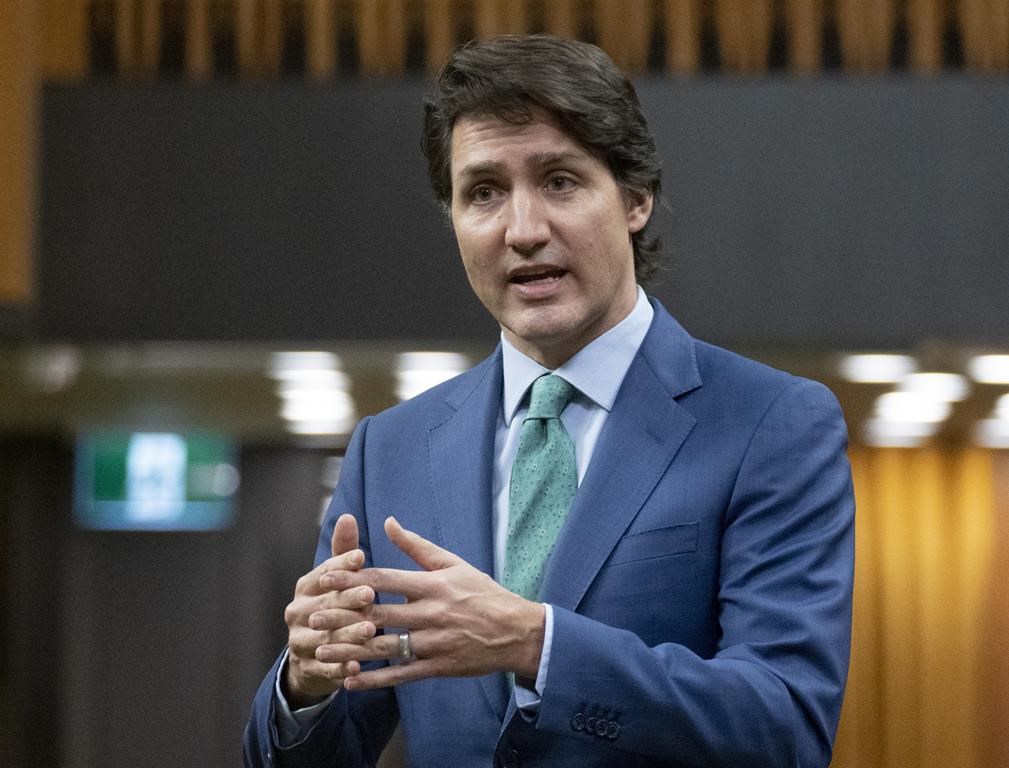
A paper was released in the British Journal of Politics and International Relations this week, titled Conflictual behavior in legislatures: Exploring and explaining adversarial remarks in oral questions to prime ministers. The study compares the behaviours in the Parliaments of Canada, the UK, Australia, and Ireland, and how they dynamics can differ between them both in terms of tone, types of questions and attacks, and interventions by their respective Speakers during the oral questions. While it’s an ambitious project, it does nevertheless have a few of the limitations of doing a more quantitative analysis than a qualitative one, particularly because it relies on Hansard transcripts rather than in-person observation or observing the video broadcasts. As the only journalists in the Canadian parliament who has attended very nearly every Question Period over the past twelve or so years, I was interested to see what the paper has to say about the Canadian context.
One of the things I noticed first was that the Canadian portion was based on the 39th Parliament, from 2006 to 2008, being the first hung parliament of Stephen Harper’s government. This meant that Peter Milliken was the Speaker, so his particular style and temperament when it comes to the interventions he made in the Chamber are relevant to what was captured in the study, and there is very much a difference from Speaker to Speaker in terms of what sorts of things the Speaker will police within the Chamber and what he or she won’t (and if we’re talking about the current Speaker, Anthony Rota, well, he polices very little). This time period also means that Bill Graham was serving as interim Liberal leader and hence Leader of the Opposition for much of that time, and because this study doesn’t include the prorogation crisis of 2008, it doesn’t capture some of the absolutely explosive, drag-out exchanges between Harper and Stéphane Dion during that event.
One other observation I would make is that because this was a parliament that saw a new government, the prime minister was far more frequently available during QP, particularly in the early part of this Parliament, because everyone is so fresh and new, and full of energy. As time went on, Harper attended less and less, and you were lucky if he showed up twice a week, but oftentimes it was just Wednesdays, because that is caucus day. Something else that is particularly relevant to this study is that when Justin Trudeau formed government, he instituted a proto-Prime Minister’s Questions on Wednesdays, whereby he answers every question on that day, with the intention that it allows anyone in the Chamber to ask him a question. That being said, it mostly gives opposition leaders more rounds to preen for the cameras rather than just the first round, but it can give more backbenchers the ability to ask questions, which is something that this study did look at.
With all of this in mind, one of the tables in the report looks at interventions by the Speaker, and on what grounds. The number of interventions around things like calls to order were fairly low, which surprised me, but it also could be that Hansard didn’t record nearly as many as happen live. In terms of interventions based on the content of the questions, Canada was second-lowest of the four, with only five recorded over the period studied, which seems unusually low in the current context, which could be an indication that MPs are pushing the limits more these days than they did back then. The other surprising statistic was that of directions to leave the Chamber, which only Australia had any, and they had a lot of them, in particular because of a rule that they gave their Speaker that allows him or her to oust someone for disruptive behaviour on a more explicit basis, and which their Speakers seem to exercise more frequently than what happens here.
As for questions containing conflictual remarks, Canada was the country that came out on top, with around 70 percent of questions containing such remarks. This compares to around 40 percent in both Australia and the UK, with Ireland coming in well behind at around ten percent of questions. Similarly, when it comes to questions that contain policy criticisms versus criticisms of the prime minister, government, or party, Canada ranked the lowest on policy criticism, where only about five percent of questions had policy criticism, but in this particular case, Ireland was not much better at around ten percent, while the UK was about 15 percent, and Australia close to 30 percent. And this one feels very true—we do focus more on personal failings than policy criticisms, which is one of the reasons why our Parliament has become increasingly less serious as time goes on.
One of the other interesting statistics tracked was the number of backbench questions to the prime minister that contained some kind of conflictual question. During that Parliament, there appeared to be a mere one in Canada (and now I’m curious to know what it was), which is unusual because the Conservatives, especially in the early days, were very, very restrictive in terms of message discipline and control, because they had seen how loose lips from candidates like Cheryl Gallant helped to sink them in the 2004 election, so in 2006, they clamped down hard on message discipline and haven’t much let up since. (Notably, in the past two elections, it was the leaders who largely helped sink themselves because of their own comments). The UK had much higher number of conflictual questions to the prime minister, but that’s also not surprising because of the culture there where a number of backbenchers in safe seats have the latitude to criticize the government, which is not the case in most Parliaments. Also of note was that Australia and Ireland didn’t record any such backbench questions in the study.
There is more to delve into with this study, but it does point to a much more adversarial political culture within Canada, and one with strong opposition. I would be curious to see if future studies differ in their results, both because of changes that Trudeau made to QP, and with different Speakers in the big chair, but this does start to help position how we treat our QP in relation to how it works in other similar Parliaments, and points to ways in which we can and must do better.
The views, opinions and positions expressed by columnists and contributors are the author’s alone. They do not inherently or expressly reflect the views, opinions and/or positions of our publication.
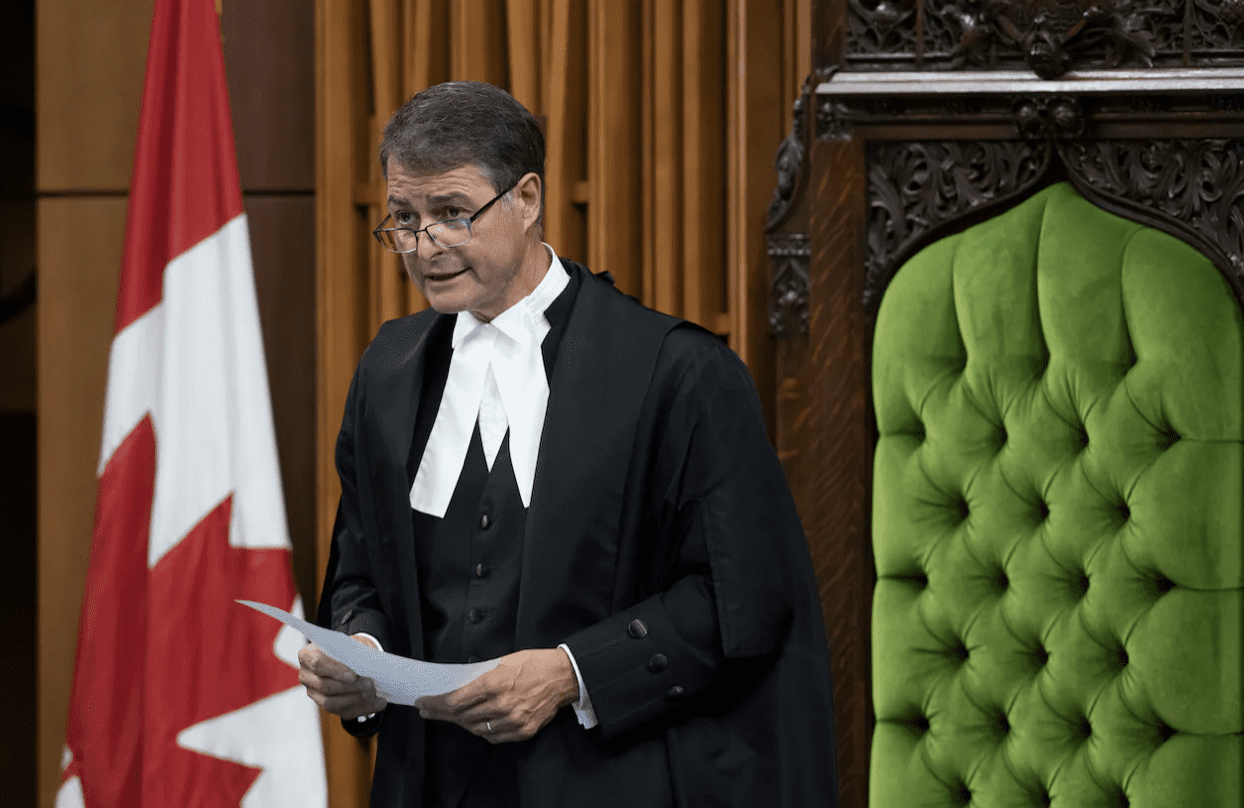
This content is restricted to subscribers
The views, opinions and positions expressed by columnists and contributors are the author’s alone. They do not inherently or expressly reflect the views, opinions and/or positions of our publication.

This content is restricted to subscribers
The views, opinions and positions expressed by columnists and contributors are the author’s alone. They do not inherently or expressly reflect the views, opinions and/or positions of our publication.

Become a subscriber today!
Register